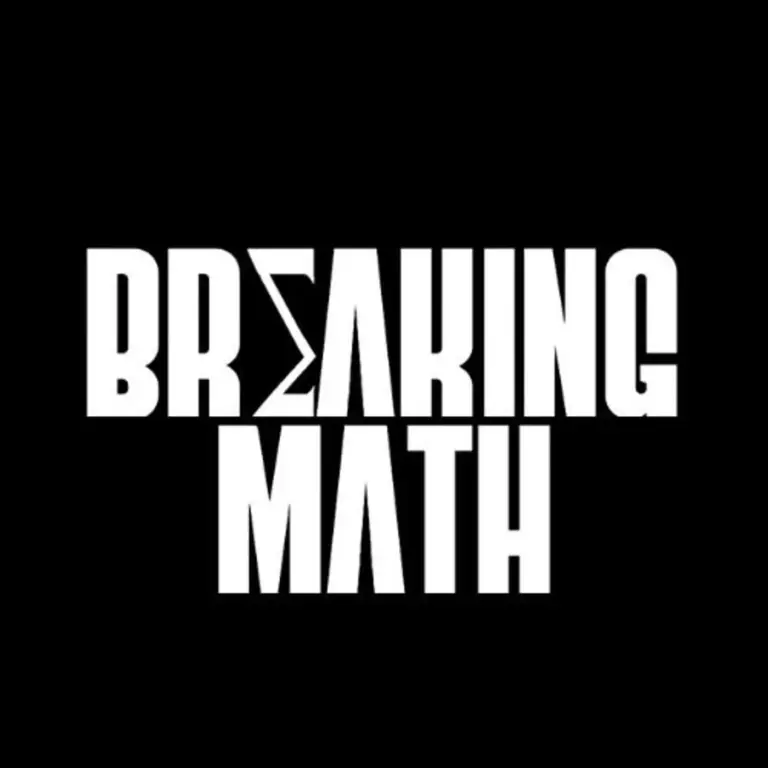
The history of physics as a natural science is filled with examples of when an experiment will demonstrate something or another, but what is often forgotten is the fact that the experiment had to be thought up in the first place by someone who was aware of more than one plausible value for a property of the universe, and realized that there was a way to word a question in such a way that the universe could understand. Such a property was debated during the quantum revolution, and involved Einstein, Polodsky, Rosen, and Schrödinger. The question was 'do particles which are entangled "know" the state of one another from far away, or do they have a sort of "DNA" which infuses them with their properties?' The question was thought for a while to be purely philosophical one until John Stewart Bell found the right way to word a question, and proved it in a laboratory of thought. It was demonstrated to be valid in a laboratory of the universe. So how do particles speak to each other from far away? What do we mean when we say we observe something? And how is a pair of gloves like and unlike a pair of walkie talkies?